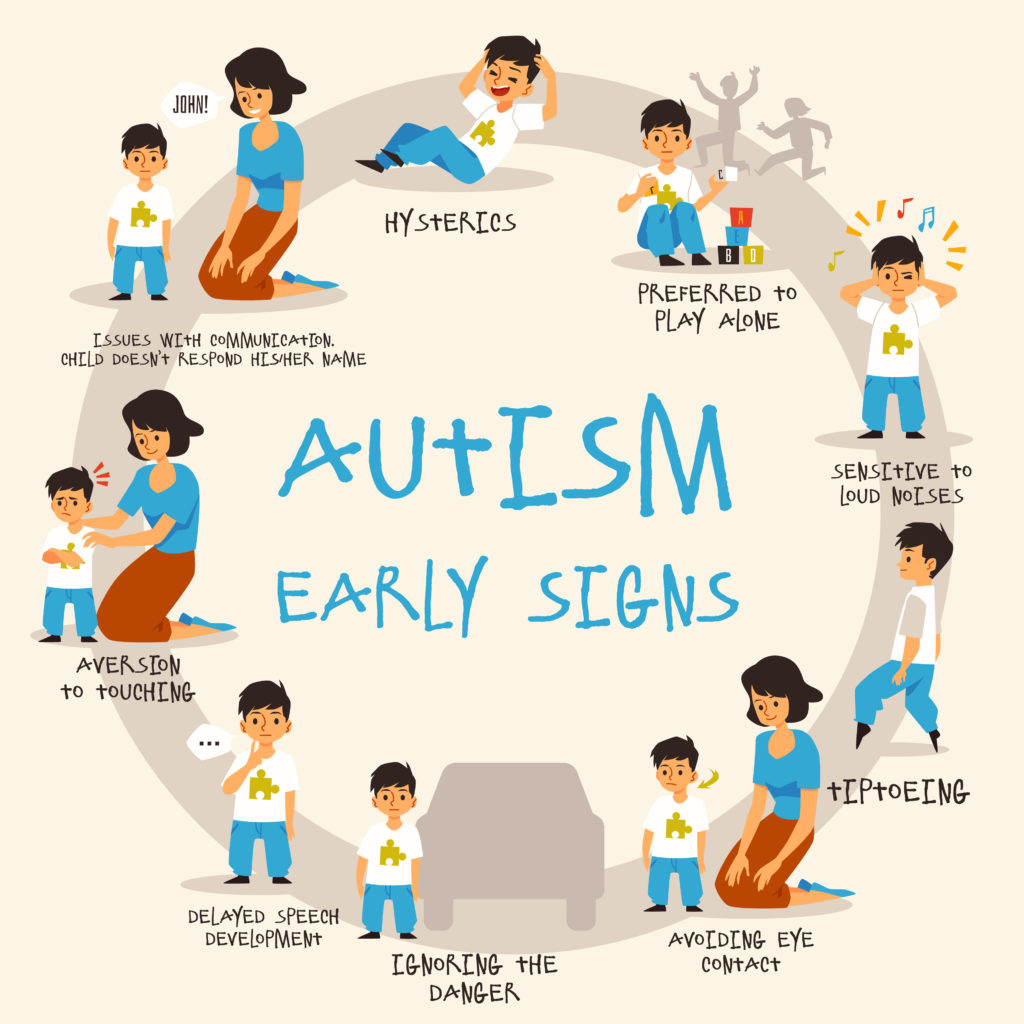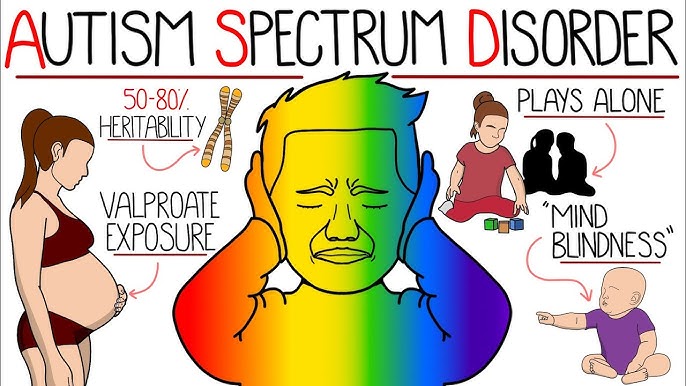Autism Spectrum Disorder (ASD) is a complex neurodevelopmental condition that affects communication, social interaction, and behavior. Research has consistently shown that early intervention can significantly improve outcomes, helping children develop essential skills and lead more fulfilling lives.
1. The Brain’s Plasticity in Early Years
The early years of life represent a period of rapid brain development. During this time, the brain is highly adaptable, forming new connections in response to experiences. Early intervention leverages this neuroplasticity, promoting the development of social, communication, and cognitive skills before maladaptive patterns become ingrained.
2. Enhancing Communication Skills
One of the primary challenges in autism is difficulty with communication. Early intervention programs focusing on speech development and alternative communication techniques help children build verbal and non-verbal communication skills. Addressing these challenges early can reduce frustration and improve social interactions.
3. Supporting Social and Emotional Development
Children with autism often struggle with social interactions, such as making eye contact, understanding emotions, and engaging in reciprocal conversations. Early intervention strategies, including structured play and guided social engagement, teach children how to navigate social situations more effectively.
4. Addressing Behavioral Challenges
Many children with autism exhibit repetitive behaviors, sensory sensitivities, and difficulties with transitions. Personalized intervention approaches can help manage these behaviors, reducing stress for both the child and their caregivers.
5. Improving Cognitive and Academic Skills
Children with autism often experience learning difficulties, but with early intervention, tailored educational strategies can help bridge developmental gaps. Individualized programs focusing on executive functioning, attention, and problem-solving skills can enhance academic performance and lifelong learning.
6. Strengthening Family Support and Coping Mechanisms
Early intervention is not just about the child—it also empowers families. Parental training and support programs help caregivers understand their child’s unique needs, develop effective parenting strategies, and access resources to create a nurturing environment at home.
7. Long-Term Benefits and Independence
Studies indicate that children who receive early intervention have better chances of developing independence in adulthood. Early support can lead to improved employment prospects, better social relationships, and greater participation in community life.

Conclusion
Early intervention provides the tools necessary to maximize a child’s potential. The earlier a child receives support, the greater the likelihood of positive developmental outcomes. Raising awareness and ensuring timely access to intervention programs can make a world of difference for children with autism and their families. If you suspect your child may have autism, seeking a professional evaluation as early as possible is the first step toward unlocking their full potential.
